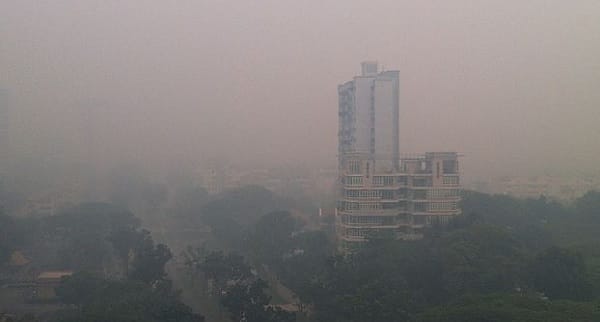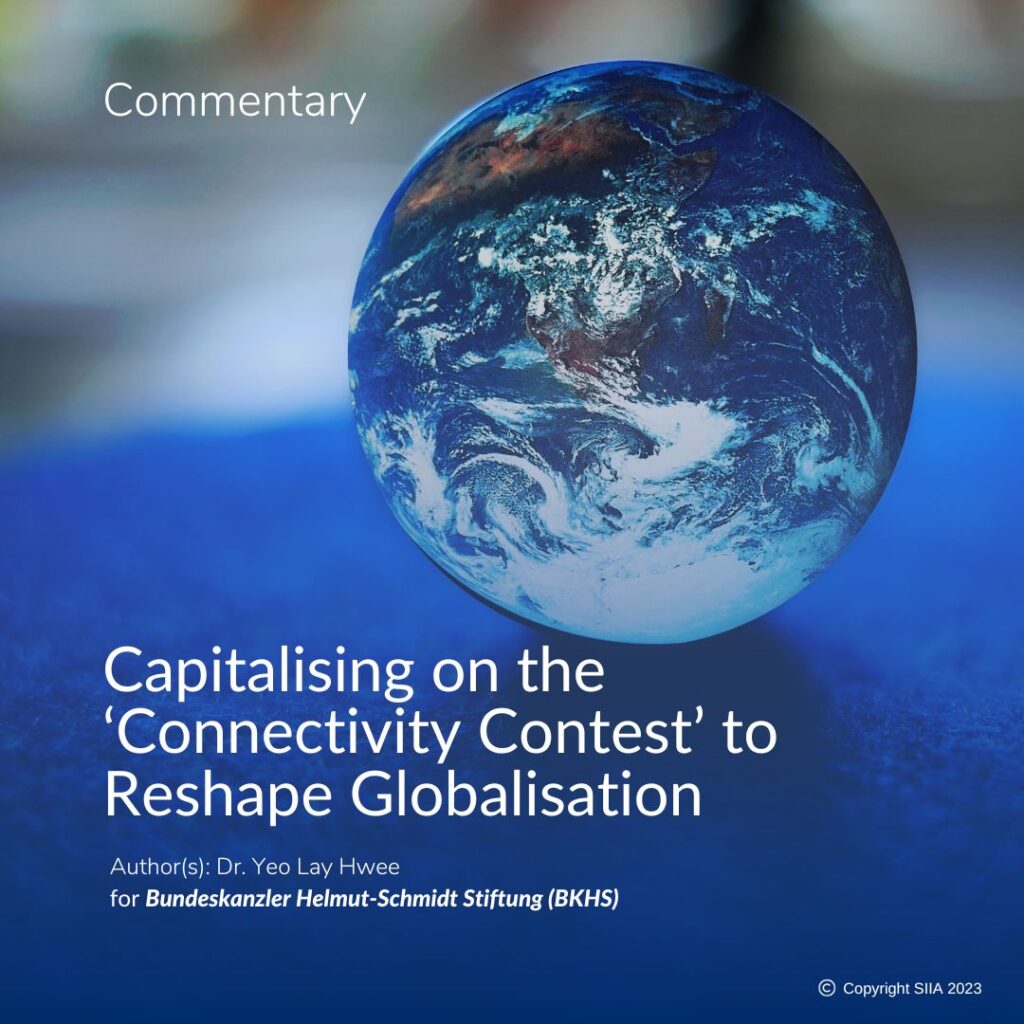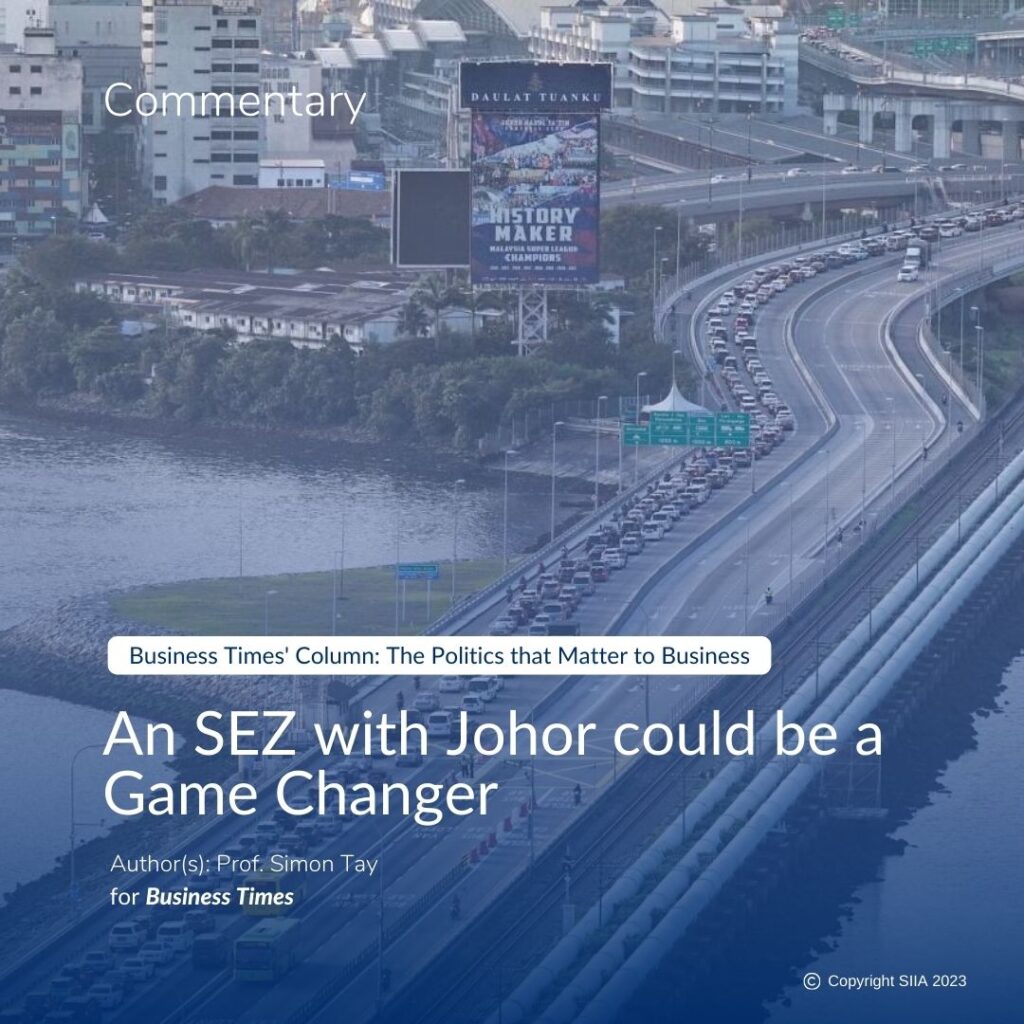The recurring haze from fires in Indonesia has returned, visibly and early, even if not as thickly as in past years. The politics around the issue may also heat up following a recent comment by Indonesia’s Vice-President Jusuf Kalla.
The respected political veteran last week chided Malaysia and Singapore for overreacting about the haze, largely a by-product of peat fires in Sumatra and Kalimantan.
“For 11 months, they enjoyed nice air from Indonesia and they never thanked us,” he was quoted as saying in Indonesian media. “They have suffered because of the haze for one month and they get upset.”
His remarks triggered a predictable torrent of criticism on social media and satire websites.
It was also a flashback to past acrimony on this issue among the neighbours. In 2010, an Indonesian official told the two countries to quit complaining about the fumes and just be grateful for the oxygen from Indonesian forests. In 2013, at the height of the worst haze levels, an Indonesian minister hit out at grumbling Singaporeans for “behaving like children”.
While we are against the haze and fires, overreacting to such comments may lead to an unhelpful tit-for-tat war of words.
In addition, we may fail to recognise the positive signs for better environmental protection and resource management that are emerging under the current administration of Indonesian President Joko Widodo.
Mr Kalla’s words should be understood in context. The Vice-President was speaking at a ceremony to launch a national programme for judicial reform in natural resources and environmental management last Tuesday.
While he made that comment most likely in response to a question from the press, his key point was on the need to adapt the country’s laws to changing times and public perception, reported Indonesian media such as Kompas and Metro TV.
The Vice-President recalled how Indonesian businessmen were once looked at with pride for being good at exporting the country’s forestry products, but are now often seen as public enemies, profiteering from national assets. Similarly, while people used to see black smoke rising from factory chimneys as signs of progress, they now fight to stop the discharge of such health-threatening industrial waste. Such changing expectations should be reflected in new laws, he said.
TAKING ACTION
As Mr Kalla spoke last week, the haze was thick in northern Riau, reaching an alarming level of 300 on the Pollutant Standards Index (PSI) at one point.
Vast swathes of peatlands in Riau have been deforested and drained for plantations by both corporates and smallholders alike. But recognition is growing about the need to stop commercial expansion into virgin peatland. The Indonesian government has stopped such permits.
It has also moved on a new law for the protection and management of peatland, which is often drained for planting and then becomes especially vulnerable to fires and haze. The new law with more stringent criteria for peatland management is expected to start from May.
Commercial interests have lobbied against the new criteria and pushed for lower standards. The final details remain to be seen, but it is nevertheless noteworthy that the government is moving ahead to address a long-standing environmental and public health concern for Indonesians.
The increased attention on this issue is also signalled by Mr Widodo and supported by his Cabinet. The President, a forestry graduate, personally made a high-profile visit to a haze-prone zone in Riau late last year. This followed a petition filed by an ordinary citizen against one of the more controversial concessions in the region.
Notably, the President’s Cabinet has fused the ministries of Environment and Forestry to seek to balance and align their interests for a more sustainable industry. The new minister, Dr Siti Nurbaya, has won praise for her frequent consultations with non-governmental organisations as well as business groups.
She has also launched a standard geospatial map for use across all ministries to increase coordination in the administration of Indonesia’s forested areas. For Riau, a new forest and land fire mitigation and prevention action plan has also been launched under her watch.
Her ministry is also closely monitoring lawsuits brought against forest-burning suspects over the past two years. When a state court recently dismissed charges against a firm in Riau’s Meranti Islands regency, the minister personally challenged the verdict.
For many long-time observers of the forestry industry, this goes beyond business as usual. The new administration has shown that it is taking charge and is prepared to do things differently.
More needs to be done. The many and often complex concession boundaries across this vast country need to be mapped and this will take time, resources and attention. Pressures are also felt as the land needed for commercial plantations will probably expand, despite the softening of commodity prices. The risks of fires and haze continue.
But steps forward are being made for judicial reform, improved legal enforcement and better monitoring technology. Indonesia is increasingly committed to a resource sector that can be sustainable and good for its own people.
So rather than focusing on words that might fan divisions, look instead at Indonesia’s actions that seem to align its interests with those of its neighbours and the global community.
ABOUT THE AUTHORS:
Simon Tay and Cheong Poh Kwan are, respectively, chairman and assistant director of the Singapore Institute of International Affairs (SIIA). On May 13, the SIIA will host the second Singapore Dialogue on Sustainable World Resources and launch the Haze Tracker (www.hazetracker.org), a one-stop Web portal that offers haze-related information and analyses. This commentary was originally published on 11 March 2015 in TODAY.




